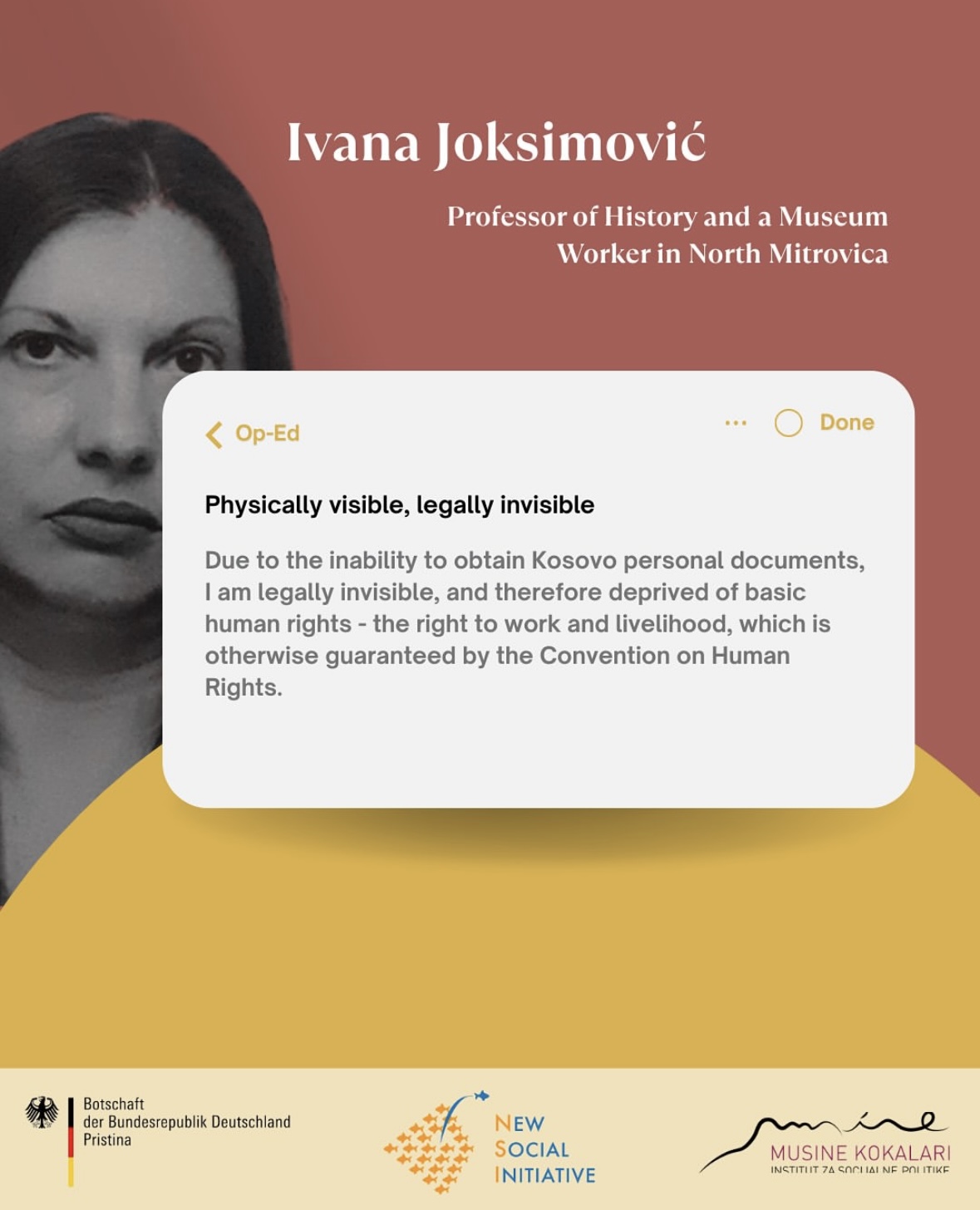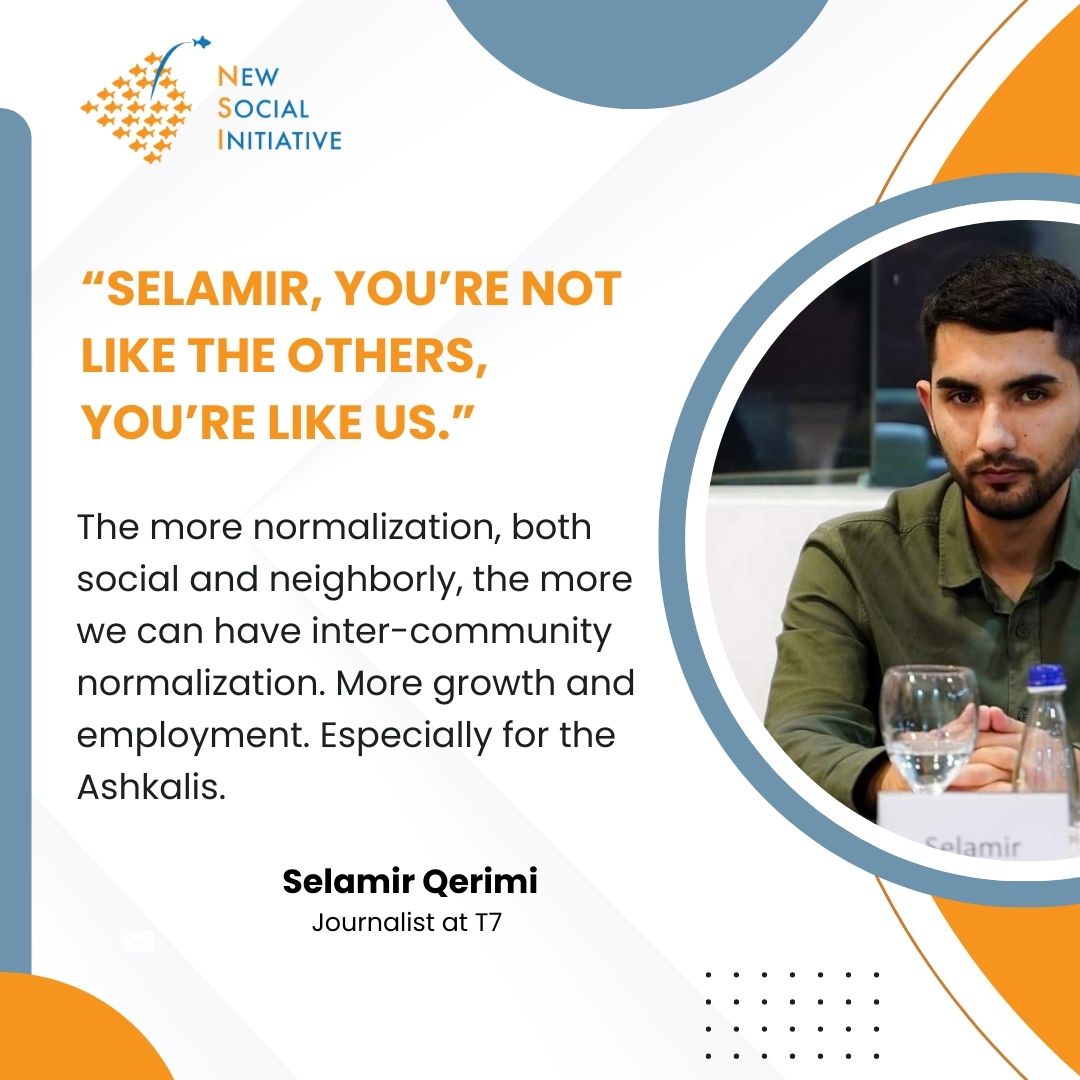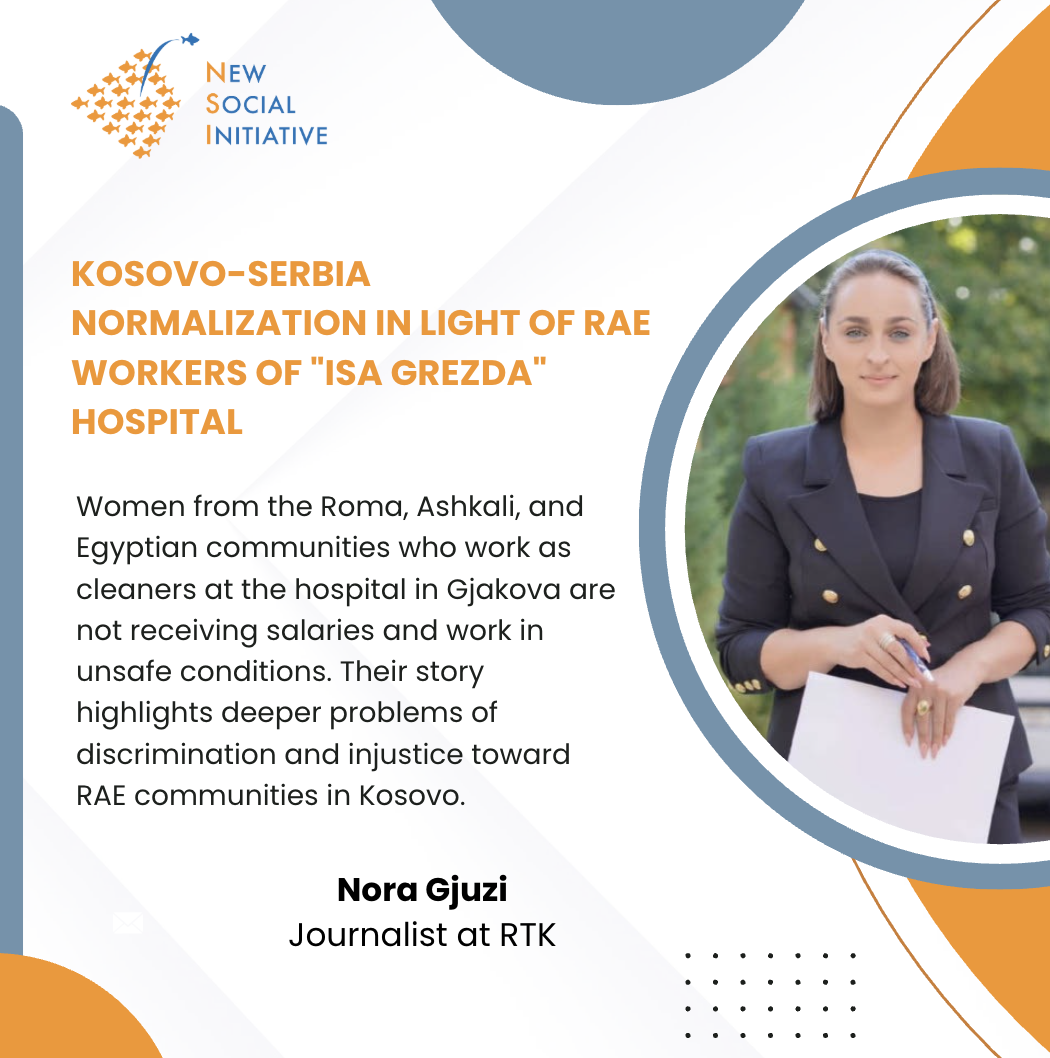Within the span of 10 days, the renewal of the Belgrade-Pristina dialogue went full circle, from being suddenly convened to being abruptly suspended. This turn of events happened due to two unanticipated announcements. The recent developments arguably brought Belgrade-Pristina dialogue back to square one. However, they also exposed the shortcomings in both US and EU diplomacy, and the rupture in the transatlantic multilateralism.
The first announcement that stirred up the dialogue popped up on 15 June. The US envoy for dialogue Richard Grenell twitted that officials from Serbia and Kosovo agreed to meet in White House on 27 June. Following the formation of new Kosovo Government, prompt elections in Serbia and the removal of the trade barriers between the two, it seemed as if nothing stood in the way of the foreign-policy triumph for the Trump administration ahead of November elections. However, the window of opportunity was shut down already on 24 June when the second announcement emerged. The Specialist Prosecutor’s Office (SPO) broke its trademark silence by announcing that the war crimes indictment against Hashim Thaci was submitted to the pre-trial judge for confirmation. The announcement effectively precluded the Washington summit.
Even before the SPO revealed its accusation against Thaci, Grenell’s initiative started to implode. His diplomatic “style” of catching the stakeholders off guard instigated the response by other major players. Since Grenell arranged the Washington summit without notifying the EU beforehand, let alone inviting it to partake, the EU envoy for the dialogue Miroslav Lajcak visited Pristina and Belgrade to warn that an agreement that would bring them closer to the EU cannot be reached without the EU. Similarly, Russian Foreign Minister Sergei Lavrov stated during his visit to Belgrade that Russia would support only the solution approved by the UN Security Council. The remarks made by both diplomats served as a sobering reminder to the parties that negotiations that would try to circumvent their respective capitals might not come to fruition.
As the summit was approaching, Grenell started to downplay its own initiative. At first, Grenell denied allegations that the infamous land-swap plan was going to be discussed. He further went on to state that the talks would not be political whatsoever. In fact, he claimed that focus would be on economic normalization, whereas the political matters would be left to the Europeans to deal with later on. Essentially, it became clear that the prospects of reaching a “grand bargain” involving mutual recognition were slim.
The SPO announcements was a final blow to Grenell’s “bulldozer” diplomacy. The timing and the content of the announcement indicate that its purpose was to prevent Thaci for turning a court into a subject of negotiations with a view of securing the immunity for himself. The SPO justified its unusual decision to disclose the charges purporting the attempts of the accused to obstruct and undermine its work. While it is unknown whether SPO gave any heads up to Grenell prior to releasing a statement, it is difficult to believe that Grenell, as a high ranked diplomat and intelligence chief, was not cognizant of war crimes trial looming over Thaci’s head. It is more plausible that talks were accelerated because Grenell was aware that time was running out, so he wanted to strike the deal before the indictment was confirmed.
Grenell’s approach came down to snatch any kind of agreement, no matter how anticlimactic it would be given the hype that was built around the summit. The breakdown of the summit was no surprise since the normalization between Serbia and Kosovo has never been an American “thing”. The US involvement was ill-conceived from the get-go as it was not more than an attempt to hijack the EU process.
For almost a decade, the EU has been mediating talks between Belgrade and Pristina. Pursuant to the UN General Assembly authorization, the dialogue commenced as technical in 2011, to be elevated to a political level in 2012. Improving relations with Kosovo became the main political condition for Serbia’s advancement on the EU path. Accordingly, Serbia received candidate status in March 2012 after the regional representation agreement with Pristina was reached. Likewise, the European Council decided to open accession talks with Serbia in June 2013 following the signing of the Brussels Agreement. In December 2015, the first negotiation chapters with Serbia were opened after additional agreements were concluded in August 2015.
The ultimate political condition for Serbia’s accession to the EU pertains to the signing of the legally binding agreement with Kosovo on “comprehensive normalization of relations”. This requirement was first made by Germany but was later included in the negotiation framework with Serbia, becoming the EU policy. In nutshell, the agreement would not necessarily entail mutual recognition but would oblige parties to refrain from obstructing each other’s bid to join the international organizations, primarily the EU. Such an agreement would echo the Basic Treaty which was signed by West and East Germany in 1972, enabling both to become the UN members.
In spring 2018, it seemed as the EU-mediated dialogue was entering the final stage, leading up to the signing of long-awaited normalization agreement. However, the EU’s growing reluctancy towards the enlargement undermined its own effectiveness. EU was incapable of forging an agreement since it no longer adhered to its incentive-based mediation style. Simply said, with visa liberalization for Kosovo being off-limits and membership perspective for Serbia too distant, the EU had nothing to lure the parties to conclude an agreement.
In hindsight, the EU initiative towards normalization was premature. Unfortunately, the collapsed of EU-mediated talks created a vacuum which Trump administration sought to exploit. For the first time since Kosovo declared independence in 2008, the US administration showed interest in the course of the Belgrade-Pristina dialogue. Trump administration pursued a quick deal for a Europe’s longest-running territorial dispute while sidelining the EU. Oddly enough, President Trump wrote to President Vucic and President Thaci on two occasions, in December 2018 and February 2019, to urge them to seize this “unique opportunity” to reach a “historic accord” which would be celebrated at the White House afterwards. The US officials also hinted openness to approve the adjustment of borders if parties agreed.
While the US played a decisive role in all the agreements that settled political and territorial disputes in the Balkans since the 90s, the EU always worked alongside them. The cooperation between the US and the EU may not suffice to bring about the agreement, but the dialogue amid their confrontation is bound to fail. Absence of the EU from the Belgrade-Pristina dialogue is not promising, as the EU still holds the key incentive for normalization. In fact, the “normalization” has no real meaning if it is taken out of the EU context.
Unfortunately, the EU seems to be set to repeat its past mistakes. The EU’s High Representative Josep Borrell and his special envoy Miroslav Lajcak is not going to be any more successful than Federica Mogherini and Johannes Hahn were in 2018. Both Belgrade and Pristina know all too well that representatives of EU institutions have no sway over decisions that member states make regarding the enlargement. It is, therefore, up to leading EU member states to step up their involvement in the dialogue. However, the dialogue will be heading in the right direction only when the rivalry between major players is substituted by cooperation.










